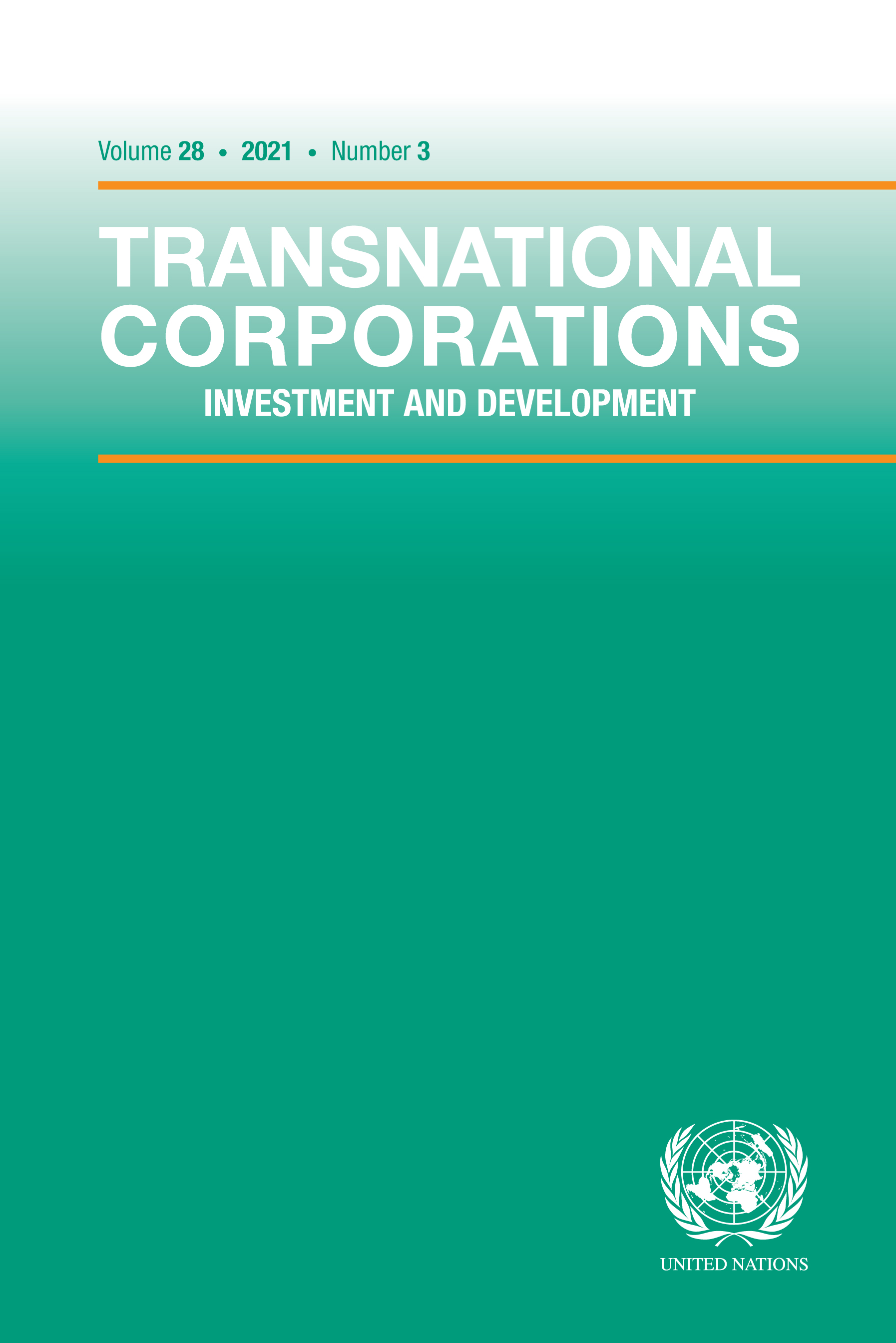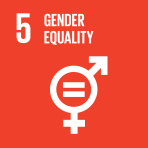-
Evidence-based policymaking in a VUCA world
- Source: Transnational Corporations, Volume 28, Issue 3, Dec 2021, p. 159 - 182
-
- 22 Dec 2021
Abstract
In a volatile, uncertain, complex and ambiguous (VUCA) world, responses by governments to global shocks will vary in substance and rate of success. We argue that policymakers can make better decisions when high-quality evidence is incorporated into an evidence-based policymaking (EBP) process. To generate high-quality evidence for analysing shock events, researchers should use event analysis, a methodological approach for exploring research questions such as the timing, frequency and patterns of events and their antecedents and consequences. We discuss four types of research methods used in event analysis and their relative appropriateness for analysing different categories of events. In particular, we argue that one method – the event study – is well suited for analysing crises, i.e. shock events that involve high threat, short decision-making time and surprise. We conclude that understanding and using the tools of event analysis is key to successful EBP in a VUCA world.





